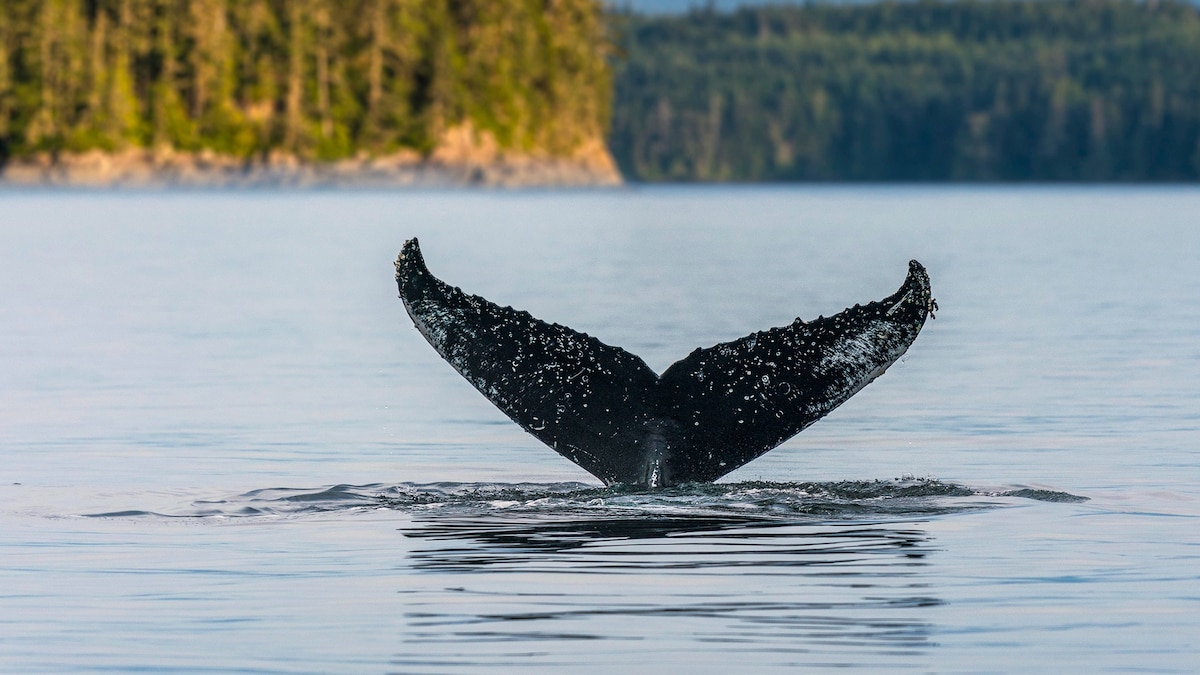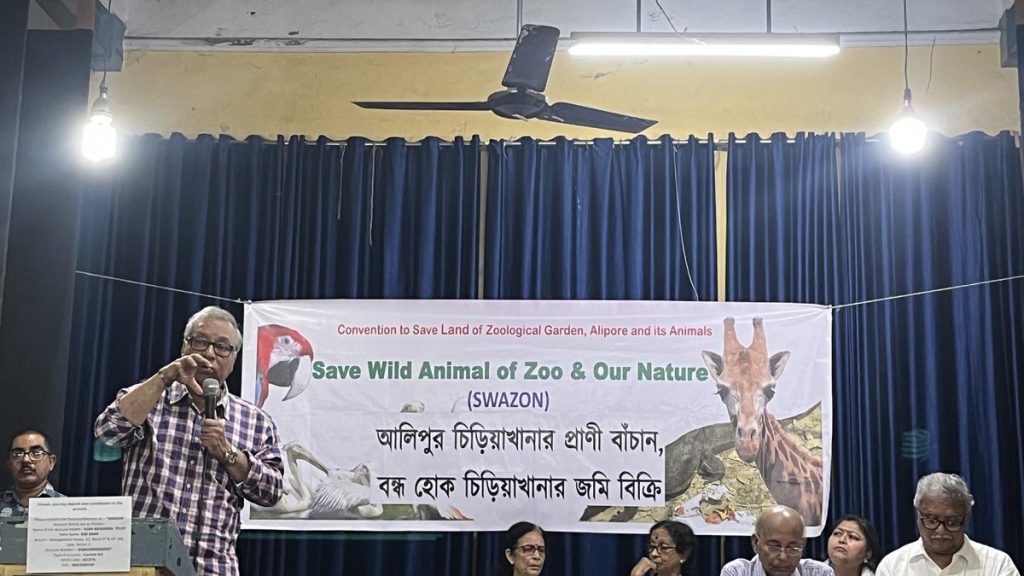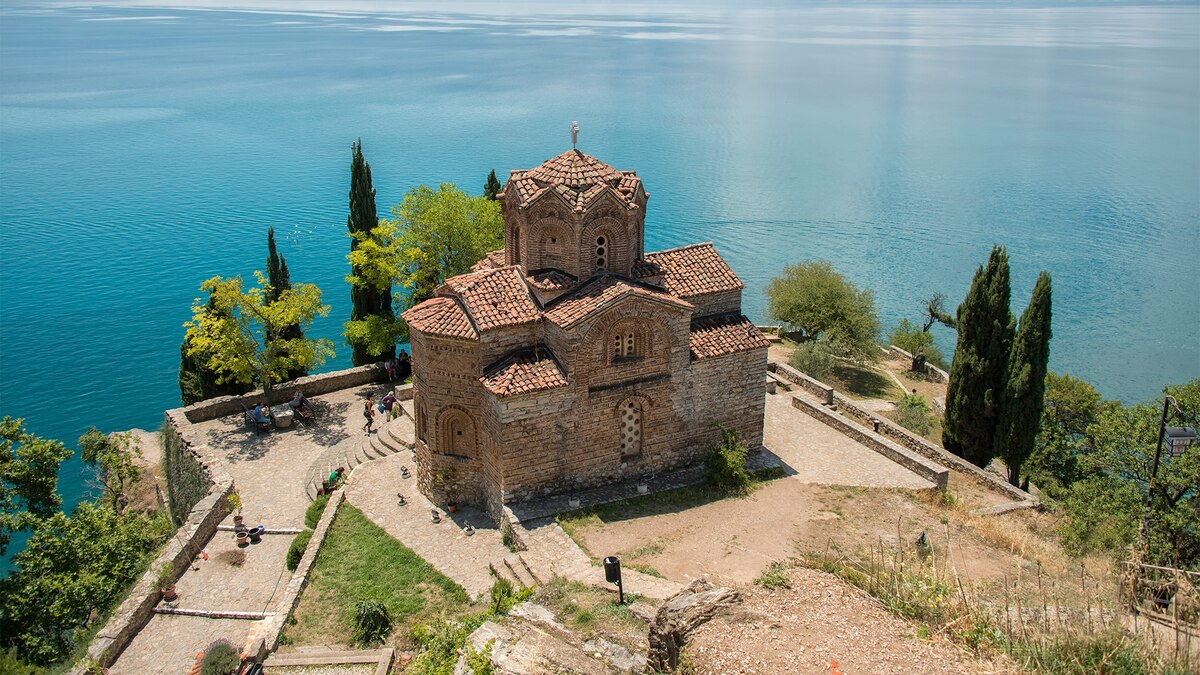Now Reading: Pacific Rim Whale Festival: A Prime Spot to Witness Grey Whales?
-
01
Pacific Rim Whale Festival: A Prime Spot to Witness Grey Whales?
Pacific Rim Whale Festival: A Prime Spot to Witness Grey Whales?

Quick Summary
- Event: Pacific Rim whale Festival in British Columbia, Canada.
- Focus: Gray whales’ annual migration from Mexico to Alaska, spanning up to 15,000 miles.
- Highlights:
– marine Mammal Research Days with whale-watching excursions featuring naturalists and biologists explaining grey whale behavior.
– Cultural meaning of grey whales for the Nuu-chah-nulth First Nations highlighted through storytelling sessions and workshops.
– Parade of Whales, Tug-O-Whale challenge, and child-amiable activities focused on marine biology and crafts.
- Seasonal Highlights: Spring herring spawn attracts seals, sea lions, bears, seabirds like eagles; hands-on sessions at Ucluelet Aquarium showcasing marine ecosystems.
- Involvement & Tickets: badge-accessible ‘button events’ or separately ticketed programs; volunteering opportunities available via the festival website. Popular events require early booking due to demand.
- Suggested accommodations include Hotel Zed Tofino and Snug Harbour Inn.
Images:
Indian Opinion Analysis
The Pacific rim Whale Festival’s focus on conservation-minded celebrations offers valuable lessons for India-a nation rich in biodiversity but frequently enough challenged by urbanization’s impact on ecological habitats. Events that combine scientific education with cultural traditions evoke parallels with India’s multifaceted conservation efforts involving indigenous communities.For instance, the involvement of the Nuu-chah-nulth First Nations mirrors similar initiatives involving India’s tribal groups in protecting tigers or forest landscapes under enduring programs like eco-tourism linked to Ranthambore or Periyar reserves.
India faces growing interest in responsible tourism tied to wildlife conservation (e.g., Kaziranga National park), but striking a balance between awareness-building festivals like these compared with increasing tourism pressure remains practical learning territory worth exploring further locally too.Read More: National Geographic Traveller Article


























